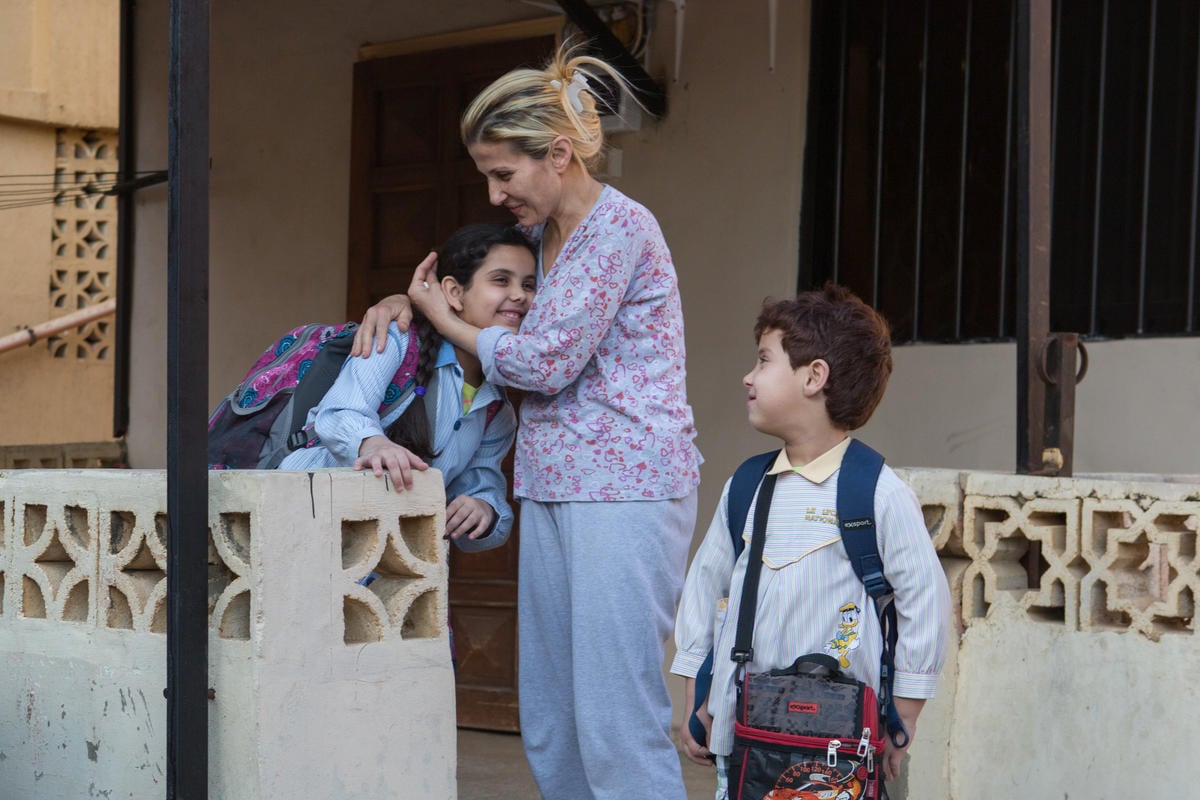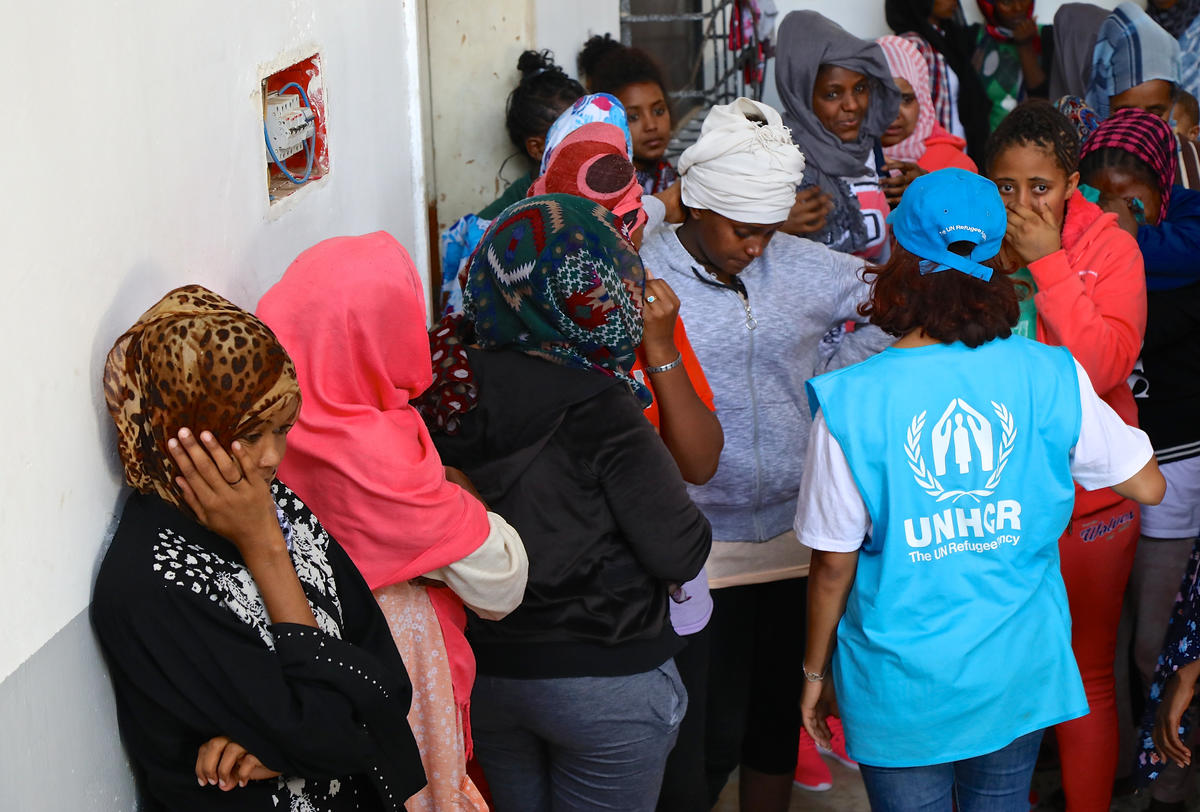Regional approach needed to address roots of displacement in Africa's Great Lakes region, says High Commissioner
Regional approach needed to address roots of displacement in Africa's Great Lakes region, says High Commissioner

DAR ES SALAAM, March 3 (UNHCR) - After witnessing the optimism of refugees returning home and the despair of other groups fleeing drought and hunger, UN High Commissioner for Refugees António Guterres said Friday that only a regional approach can address the complex causes of displacement in Africa's Great Lakes Region.
"It is not possible to solve the problems of the region on a strictly country-by-country approach," Guterres said at the end of a week-long trip to Democratic Republic of the Congo (DRC), Rwanda, Burundi and Tanzania. In the first three countries he was on an unprecedented mission with the heads of the two other largest UN humanitarian agencies, James Morris of the World Food Programme (WFP), and Ann Veneman of the children's fund, UNICEF.
"The problems, both political and humanitarian, require a regional approach," he added at a press conference in the Tanzanian capital. "The problems of refugees can also only be solved if we have a regional approach."
The three leaders stressed that what they saw and heard showed the need for closer cooperation among UN agencies - with the support of the international community - to help refugees, internally displaced people and returnees. All three agencies are dramatically under-funded for their work in the Great Lake countries.
On Thursday, Guterres met some of the 5,000 Burundians sheltering at an overcrowded transit centre in Nyakimonomono, in western Tanzania. They fled their own country in the last two months, but the Tanzanian government has not yet allowed them to move to established refugee camps. They are stuck in a way station that was intended to accommodate people for only one or two days, but at least they get food, shelter and medical care. Some 300 more Burundians are arriving every day.
One man told Guterres they fled hunger in Burundi caused by a drought that is afflicting much of East Africa.
"Is that why all of you came?" the High Commissioner asked the crowd. "Yes, yes," they replied in unison.
One woman said she had been a refugee in Tanzania, had returned home, but fled across the border once again because of lack of food. Guterres pledged to work together with WFP to supply food on the Burundian side of the border so people don't have to leave their homeland just to eat.
"It would be insane if in today's world one would have to cross the border to feed himself or herself," he told journalists in Dar.
Admitting that the UN refugee agency is being drawn into aid work outside its traditional mandate, Guterres said: "I don't think we can see people dying of hunger and stay indifferent to them. It is our duty to make the efforts of everybody converge to solve the problem."
He also paid "warm tribute" to the "very generous and hospitable" people and government of Tanzania for hosting the largest number of refugees in Africa - some 347,800, in 13 camps in the west of the country.
On the first leg of his trip, Guterres welcomed 401 Congolese refugees returning home from Tanzanian camps to the South Kivu region of eastern DRC, and called for increased funding so the UN refugee agency can do more to help them rebuild their lives.
In both DRC and Burundi, he stressed the need for the police and army to be paid regularly - even their low salaries of $10 a month are not actually paid - so that they stop preying on the local population, stealing money and food and raping women. Guterres stressed that the police and army must be paid, fed, trained and disciplined so they can protect, rather than threaten, their own citizens.
While travelling with Morris and Veneman, Guterres emphasized that "the most important common work we can do is to create conditions such that a significant number of refugees can come home. The best solution is for people to go home to their own countries."
By Kitty McKinsey in Nyakimonomono and Dar es Salaam, Tanzania








